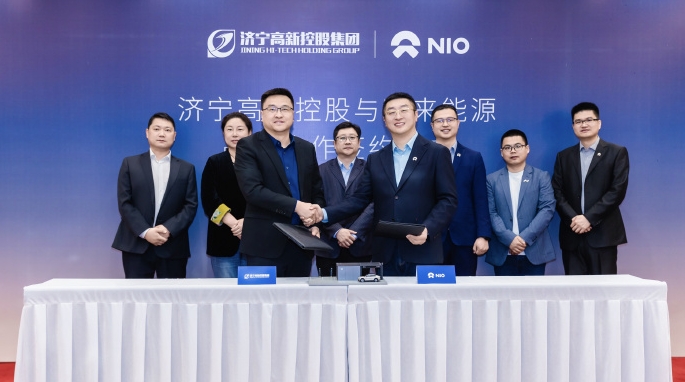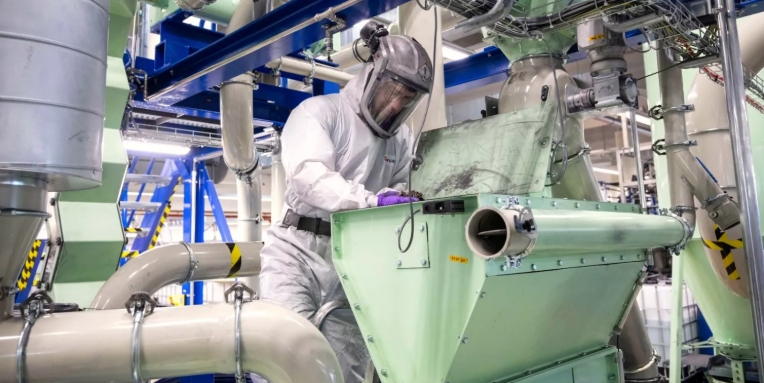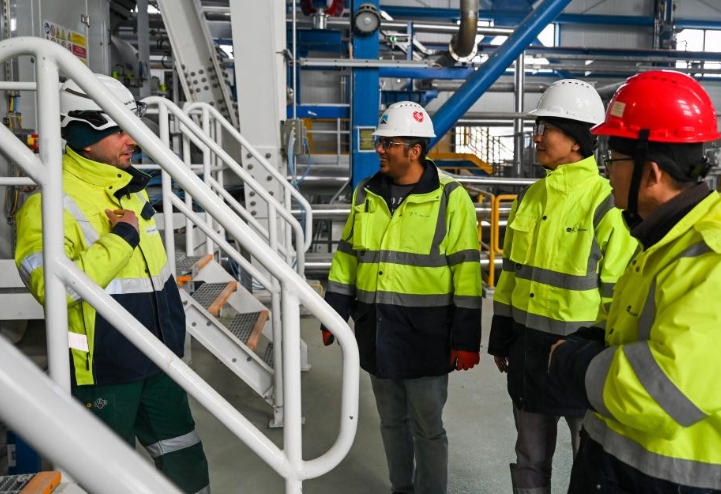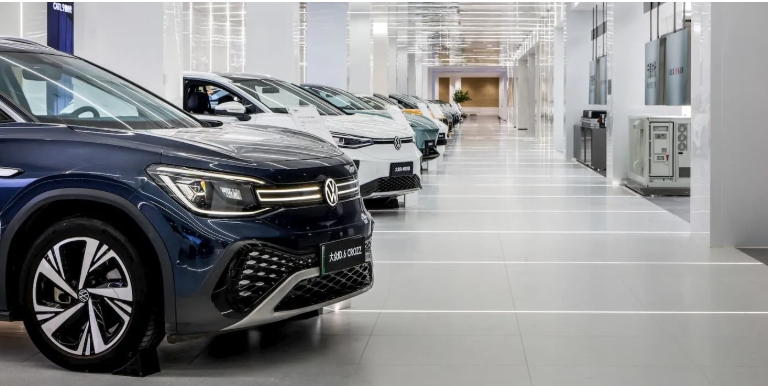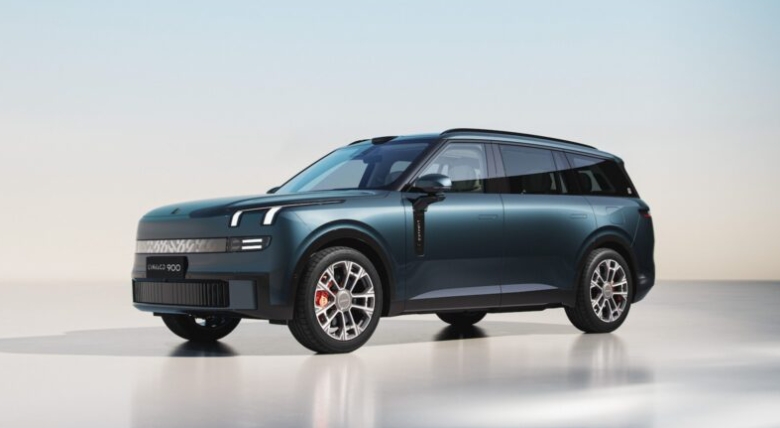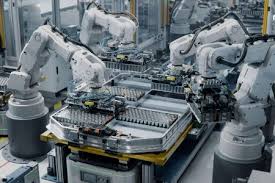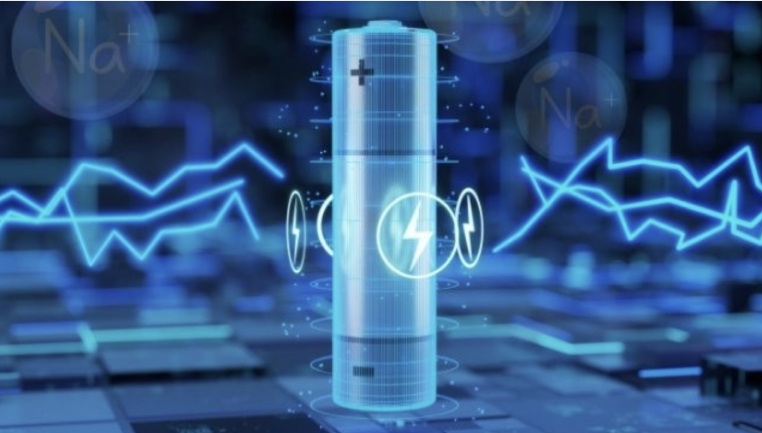MAN Energy Solutions has completed the expansion of the ‘Sund’ power plant near the Faroese capital Tórshavn and successfully handed the plant over to local energy supplier, Elfelagið SEV.

Four MAN 9L51/60 engines have been successfully integrated into the islands’ hybrid energy-system and will complement the existing power station with an additional 37 MW power generation, as well as district heating capacity.
To supply electricity to the almost 52,000 islanders, SEV relies on an intelligent combination of renewable energy sources, storage solutions and power-plant engines to ensure grid stability.
Danish power-plant specialist, Burmeister & Wain Scandinavian Contractor A/S (BWSC), was primarily responsible for construction of the Sund power plant, which is the largest of the Faroe’s three engine-driven power plants.
Besides these, SEV also operates other, hydroelectric power plants as well as several wind farms and energy-storage solutions. In this way, all available resources of the islands can be optimally used for power supply.
“The role of the Sund power plant has changed over the past few years. Today, it still serves to secure the baseload, but it has also become an indispensable backup that compensates for weather-related fluctuations of renewable energies,” said Dr Tilman Tütken, Head of Region Europe, Business Unit Power Plants at MAN Energy Solutions.
The MAN 51/60 engines are intended to run at 80% load and thus to generate district heating with the remaining 20% serving as a variable reserve.
“Our engines can increase their output at any time to compensate for power fluctuations and are throttled back when wind or precipitation conditions improve,” added Tütken. “Thanks to this setup, SEV can, on the one hand, exploit the full potential of renewable energy and, on the other hand, guarantee maximum grid stability.”
“The isolated energy system in the Faroe Islands is an impressive example of how all available energy resources can be integrated into an intelligent and innovative microgrid,” said Tütken. “In our view, the future is hybrid and the Faroe Islands’ energy system can definitely act as a model for other projects.”
